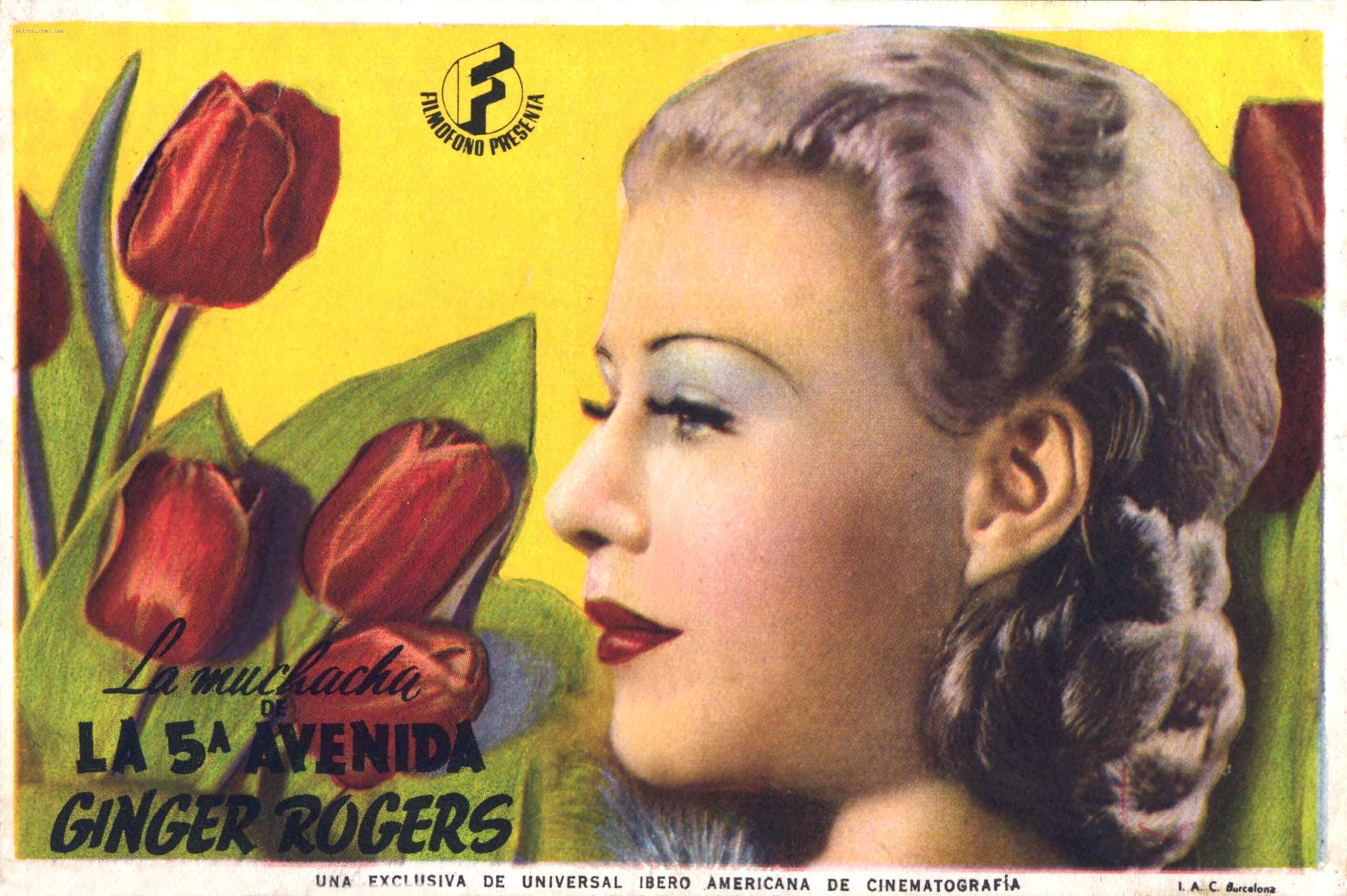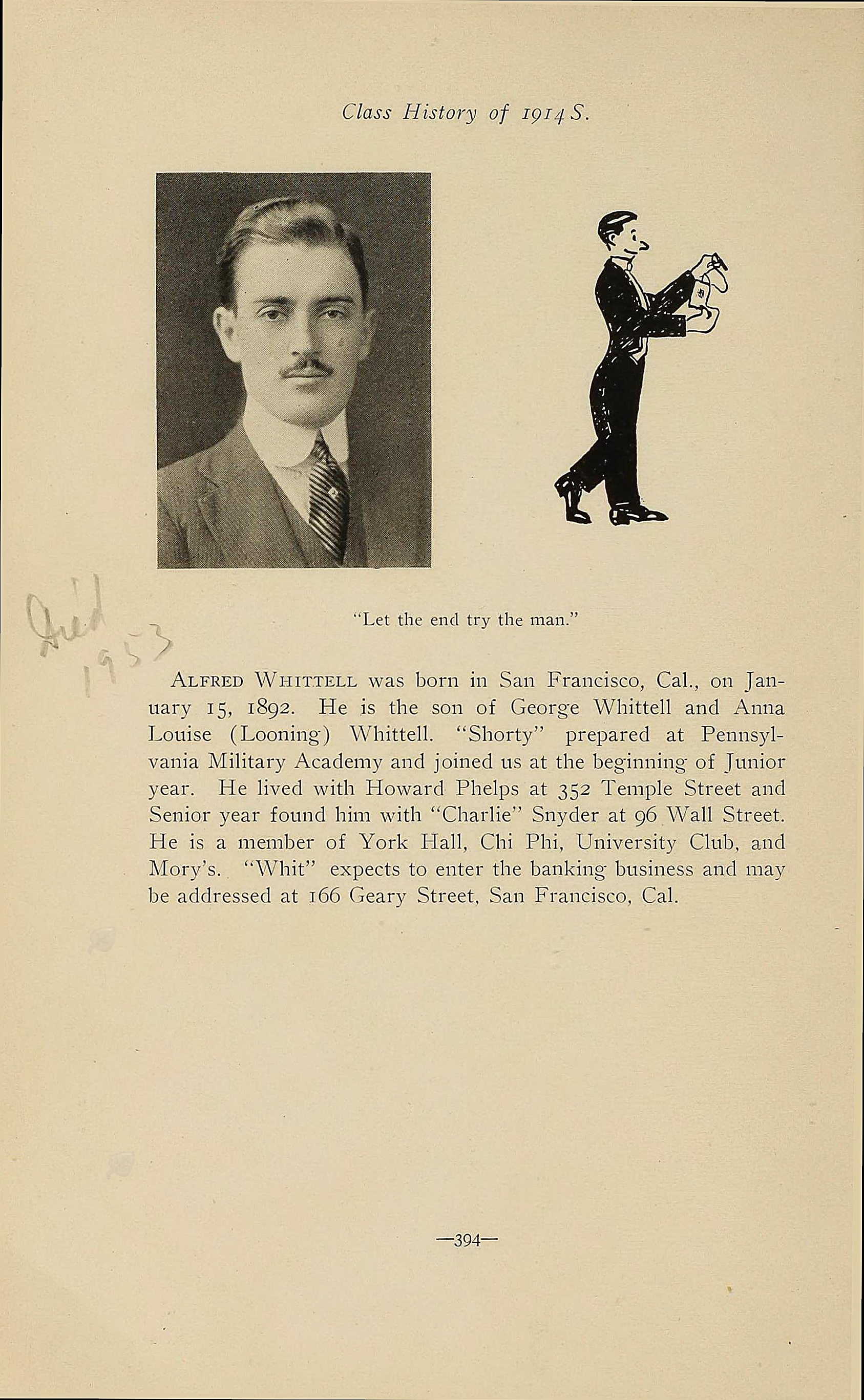Empress Josephine: Life, Legacy, And Enduring Influence
The name Josephine resonates with a certain elegance and historical weight, often bringing to mind figures of grace and power. While the name itself, of French origin, beautifully translates to "Jehovah increases," its most iconic bearer in history is arguably Joséphine de Beauharnais, later known as Empress Josephine, the first wife of Napoleon Bonaparte. Her life story is a captivating tapestry woven with threads of personal struggle, political upheaval, and immense influence, painting a vivid picture of a woman who navigated the tumultuous currents of the French Revolution and the rise of an empire.
From her humble beginnings in Martinique to her ascent as the empress of France, Josephine's journey was anything but ordinary. Her life offers a unique lens through which to view one of history's most transformative periods, showcasing not only her personal resilience but also her significant, albeit often understated, impact on the political and cultural landscape of her time. This article delves into the fascinating life of Empress Josephine, exploring her origins, her complex relationships, her role in the imperial court, and the enduring legacy she left behind.
Table of Contents
- The Name Josephine: Origins and Resonance
- Biography: Empress Josephine
- From Martinique to Paris: Joséphine's Early Life and First Marriage
- Empress of France: Joséphine's Role in Napoleon's Court
- The Imperial Romance: Joséphine and Napoleon
- The Heartbreaking Divorce: A Political Necessity
- Later Life and Enduring Legacy
- Beyond the Empress: The Name's Broader Appeal
- Conclusion: The Undying Allure of Josephine
The Name Josephine: Origins and Resonance
Before delving into the specifics of Empress Josephine's life, it is worth exploring the name itself. The name Josephine is a girl's name of French origin, meaning "Jehovah increases." It is the feminine form of Joseph, a name with deep biblical roots. Throughout history, Josephine, with its large measure of class and character and a gently offbeat quality, has been a popular choice, often associated with elegance, strength, and a certain timeless charm. The meaning, origin, and history of the given name Josephine speak to a legacy of growth and prosperity, attributes that, ironically, would both define and challenge the life of its most famous bearer.
- Kate Hudson Husband
- Nicole And Eddie Murphy
- Picture Of Rex Linn
- Cast Of National Lampoons Christmas Vacation
- Steve Irwins Death Video
Biography: Empress Josephine
To truly understand the complexities of Empress Josephine, it's essential to outline the key facts of her life. Her journey from a colonial island to the pinnacle of European power is a testament to her adaptability and resilience.
| Attribute | Detail |
|---|---|
| Full Name | Marie Josèphe Rose Tascher de La Pagerie |
| Known As | Joséphine Bonaparte, Empress Josephine |
| Born | June 23, 1763, Les Trois-Îlets, Martinique, French West Indies |
| Died | May 29, 1814 (aged 50), Château de Malmaison, France |
| Spouse(s) | Alexandre de Beauharnais (m. 1779; div. 1785), Napoleon Bonaparte (m. 1796; div. 1810) |
| Children | Eugène de Beauharnais, Hortense de Beauharnais (from first marriage) |
| Role | Empress of the French (1804–1810) |
| Notable For | First wife of Napoleon Bonaparte, influential figure during the First French Empire, patron of arts and fashion. |
From Martinique to Paris: Joséphine's Early Life and First Marriage
Born Marie Josèphe Rose Tascher de La Pagerie on the island of Martinique, the future Empress Josephine grew up amidst the lush landscapes of a sugar plantation. Her early life was relatively provincial, far removed from the grand stages of European politics. However, a prophecy foretelling her destiny as a queen or empress, though often dismissed as folklore, added a mystical layer to her narrative. At the age of 16, she moved to France for an arranged marriage to Alexandre de Beauharnais, a young aristocrat.
The Tumultuous Beauharnais Union
Joséphine’s life as the viscountess de Beauharnais was financially comfortable, but personally miserable. Alexandre rapidly proved himself to be a serial philanderer, only too willing to engage in numerous affairs. This infidelity, coupled with a lack of emotional connection, led to a legal separation, though they remained technically married. Despite their personal struggles, they had two children, Eugène and Hortense, who would later play significant roles in the Napoleonic era. This period of her life was marked by a constant struggle for financial stability and personal dignity, forcing Josephine to develop a shrewd understanding of social dynamics and survival.
- Who Is Melissa Mccarthys Sister
- Kelly Rippa Bikini
- Actors On Bewitched
- Betty White Net Worth
- Dylan Dreyer Family
Surviving the Reign of Terror
The French Revolution dramatically altered the lives of the French aristocracy, including the Beauharnais family. Alexandre, despite his revolutionary sympathies, was arrested during the Reign of Terror and eventually guillotined. Josephine herself was imprisoned, narrowly escaping the same fate due to the fall of Maximilien Robespierre. This harrowing experience forged in her a profound resilience and a keen sense of self-preservation. Upon her release, she found herself a widow with two children, navigating a society still reeling from revolutionary fervor. It was during this period of social reconstruction that she would meet a rising military star, Napoleon Bonaparte.
Empress of France: Joséphine's Role in Napoleon's Court
The marriage of Josephine and Napoleon in 1796 marked a pivotal moment for both. Napoleon, captivated by her charm and social grace, found in her a connection to the old aristocracy that he, a Corsican outsider, lacked. As Napoleon's power grew, so did Josephine's public role. When Napoleon declared himself Emperor of the French in 1804, Josephine was crowned Empress alongside him, solidifying her position at the zenith of European society.
Fashion, Influence, and Public Perception
In her role as empress, Josephine had a court appointed to her and reinstated the offices which composed the household of the queen before the French Revolution, with figures like Adélaïde de La Rochefoucauld serving as her lady-in-waiting. She became a central figure in the imperial court, renowned for her exquisite taste in fashion, art, and horticulture. Her sartorial choices, favoring elegant Neoclassical styles, heavily influenced European fashion. She was a patron of artists and designers, contributing to the cultural flourishing of the First French Empire. Despite initial public skepticism about her background, Josephine's charm, warmth, and dignified demeanor gradually won over many, helping to legitimize Napoleon's new regime in the eyes of the populace and the old European monarchies.
The Imperial Household Reimagined
The establishment of the imperial household under Josephine was a deliberate attempt to blend revolutionary ideals with the grandeur of traditional monarchy. She oversaw a vast retinue of ladies-in-waiting, chamberlains, and other officials, mirroring the pre-revolutionary court but infused with Napoleon's modernizing spirit. This elaborate court not only served as a symbol of the new empire's power but also as a social hub, where political alliances were forged and cultural trends set. Josephine, with her innate social skills, was instrumental in making this complex machinery function smoothly, projecting an image of stability and sophistication.
The Imperial Romance: Joséphine and Napoleon
The relationship between Josephine and Napoleon was one of history's most passionate and complex. Napoleon was deeply infatuated with Josephine, writing her fervent love letters during his military campaigns. Their early years together were marked by intense devotion, though Josephine's own affections were initially less ardent. She admired his ambition and intellect, but had already experienced a tumultuous marriage and was cautious. Over time, however, she grew to love him deeply, becoming his confidante and emotional anchor. Their union, however, was not without its challenges, particularly Napoleon's frequent absences due to war and his own infidelities, which mirrored those of her first husband.
Despite these personal trials, Josephine played a crucial role in Napoleon's political life. She offered him advice, calmed his anxieties, and provided a sense of stability. Her social connections, particularly to the remnants of the old regime, were invaluable in legitimizing his rule. She was often seen as the softer, more approachable face of the empire, tempering Napoleon's more autocratic tendencies. Their marriage, initially one of convenience and passion, evolved into a partnership that was vital to the early success of the Napoleonic Empire.
The Heartbreaking Divorce: A Political Necessity
As the empire grew, the lack of an heir became an increasingly pressing issue for Napoleon. Despite his deep affection for Josephine, her inability to bear him children (she had two from her first marriage, but none with Napoleon) became a political liability. The stability and future of the dynasty hinged on a legitimate successor. This led to one of the most poignant moments in their shared history: their divorce. Frederic Schopin's famous painting, 'The Divorce of the Empress Josephine,' vividly captures the emotional weight of this separation, a decision made out of dynastic necessity rather than a lack of love.
The divorce, finalized in 1810, was a mutual agreement, though undoubtedly heartbreaking for both. Josephine maintained her title as Empress and was granted a generous allowance, along with the Château de Malmaison, her beloved country estate. She accepted her fate with dignity, understanding the immense pressure on Napoleon to secure the future of his empire. This act of sacrifice further cemented her image as a woman of grace and understanding, even in the face of profound personal sorrow.
- What Is Mayberry
- Jake From Sixteen Candles
- Best Dress At The Oscars
- Ingrid Bergman Bikini
- Cast Of National Lampoons Christmas Vacation

Pictures of Josephine Whittell, Picture #350131 - Pictures Of Celebrities

Pictures of Josephine Whittell, Picture #350131 - Pictures Of Celebrities

Pictures of Josephine Whittell, Picture #350131 - Pictures Of Celebrities